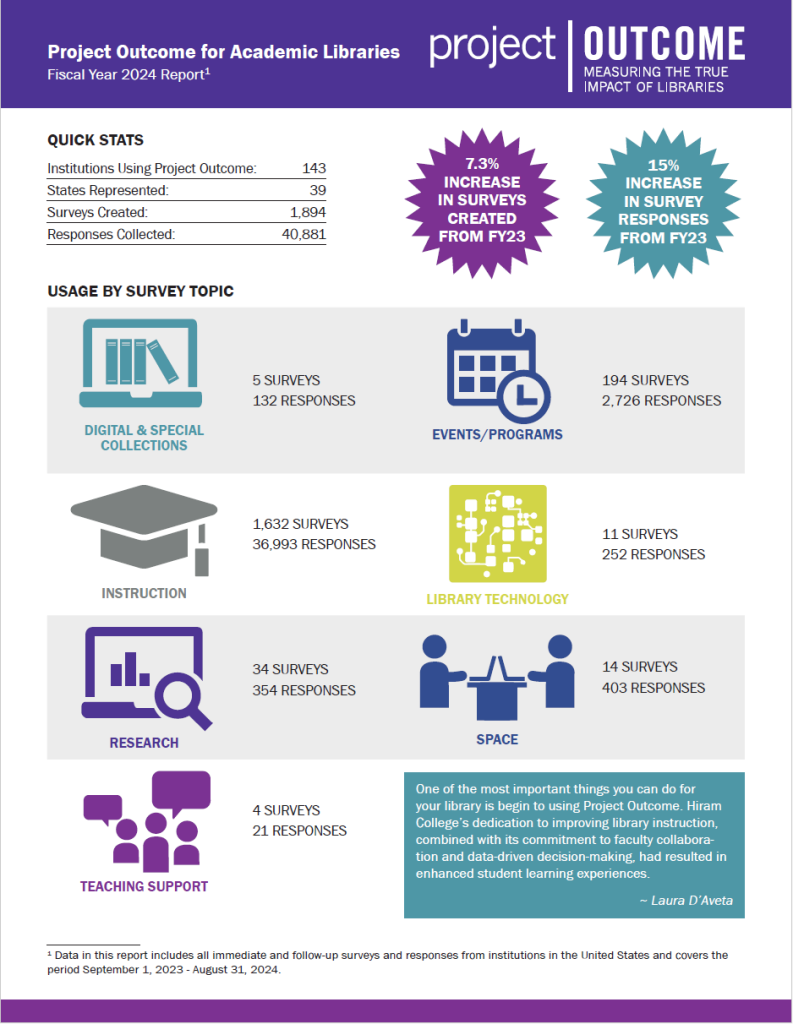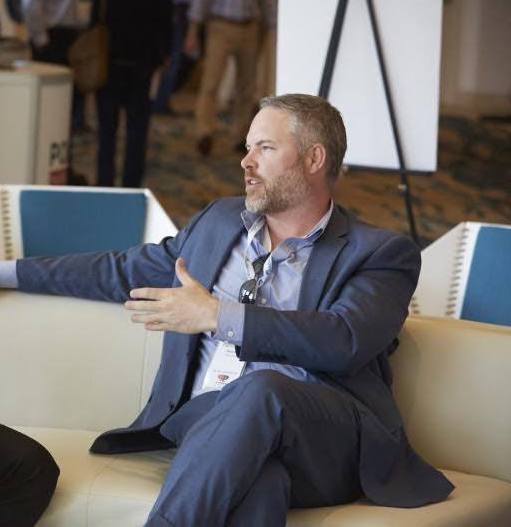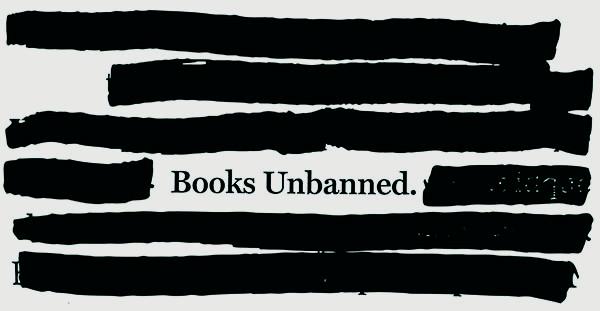Impacts
Two days after the 2024 election, public library leaders from across the nation gathered at Richland Library in Columbia, SC, for Library Journal’s annual Directors’ Summit. This year’s program explored the ways public libraries are called upon to respond to complex community challenges and opportunities. From housing insecurity to low literacy rates to political polarization, public libraries are often part of solutions to address the very issues that impact the livability and resiliency of their communities. Together, library leaders sought answers to questions about the role libraries are uniquely positioned to play, where efforts can be best directed to support diverse community needs, and defining a library leadership agenda.
We have now passed the point of no return: We have not acted fast enough to slow the increasing frequency and severity of the impacts of the climate emergency in our lifetime. Even if we were to do everything “right,” climate scientists predict we have at least 30 more years of increasingly dire impacts from climate change. We now find ourselves facing this reality with an incoming administration that has already declared plans to roll back environmental protections that would have helped us do things “right” for future generations. So, what now?
On November 19, the Urban Libraries Council (ULC) released a report presenting the results of its 2024 Library Insights Survey, which charts the successes and challenges North American public libraries have seen in service to their communities since the height of the COVID-19 pandemic. Takeaways included a steady increase in attendance since the lows of 2022, with some notable differences in how libraries are being used.
One painful part of living through the pandemic for me was the sense that Americans were failing one another. Recent catastrophic weather events have brought back that same sense of unease. When deadly Hurricanes Helene and Milton made landfall last month, conspiracy theorists suggested they were manufactured for political benefit. Federal relief efforts were stymied by online misinformation, and a man was arrested for threatening FEMA workers. America, we’re not okay.
As artificial intelligence becomes more embedded in work, creative pursuits, and the generation of online misinformation, public libraries have a major new role to play in digital literacy.
On October 24, the Association of College and Research Libraries announced the publication of its 2024 report for the Project Outcome for Academic Libraries (POAL) toolkit. Data in the report offers a snapshot of POAL’s use and impact in FY24, from September 1, 2023, to August 31 of this year. The report is available as a free download from the Project Outcome for Academic Libraries website.
For the past four years, EveryLibrary has been working to fight the book-banning movement. A large part of that fight is developing effective messaging against book bans, as well as conducting extensive message testing, surveys, and focus groups to understand the impact of messaging and determine which messages perform best.
Two and a half years after launch, Books Unbanned has continued to grow as a vital resource for people in schools and communities where book challenges otherwise put content out of reach.
ALREADY A SUBSCRIBER? LOG IN
We are currently offering this content for free. Sign up now to activate your personal profile, where you can save articles for future viewing








